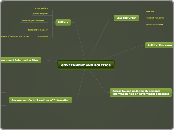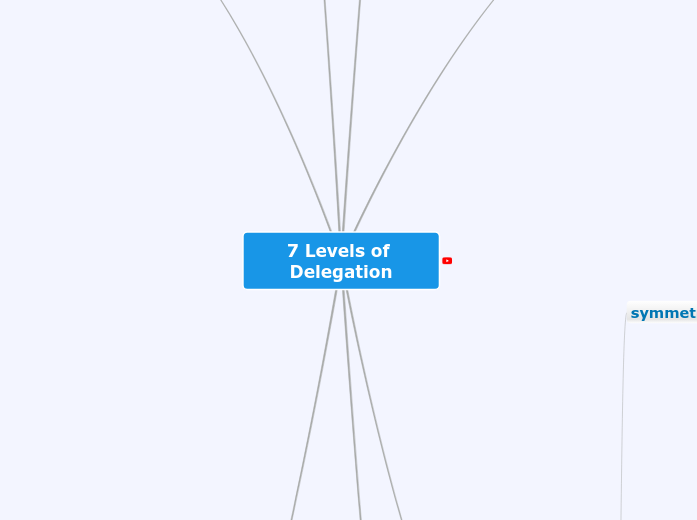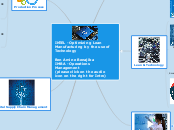Reflections on Virtual Schooling and Mobile Learning
Mobile Learning
What It Looks Like/How I Could Implement at the Secondary Level
Podcasting/recorded audio or video of class sessions nd presentations
Convenient e-mail access for questions once at home
Replaying audio and/or video for self and peer evaluations
Recording audio and/or video to practice presentations
RSS feeds, receiving and giving feedback on blogs
Quick assessments and in-class responses via Twitter
Questions, comments, and feedback for writing are texted or tweeted
Photos capture grammar errors and use of vocabulary in public, then shared with the class
Access class Web page and online content
Photos on cell phones are used as story starters
Mobile Instruction v. Mobile Learning
students are active participants
students move from apply, understand to evaluate, synthesize, create
student response=focus
Mobile Instruction
form of direct instruction, only difference is means of transmitting information
instructor and instruction = focus
student does not engage in much higher-order thinking
Definition
initiated by students and requires active participation all the time
uses smart phone or other technology like iPod Touch
learning goes with student and does not primarily occur in classroom
learning not determined or influenced by the setting (time or place)
Virtual Schooling
Impact on My Future Teaching
Fosters collaboration with families and allows them to "look in" on what is happening in the classroom
Enables better collaboration with colleagues (In-School/Out-of-School Suspension, Behavior Modification, Special Education, Department)
Using my class Web page to be as helpful as possible for make-ups, review, and reinforcement
Finding ways for students to be more engaged, as active participants moving toward creating and synthesizing, not just understanding
Posting videos and audio to help the make-up process for absent students
When a Viable Option
Resources
Home or alternate setting has adequate technology and support
Staff and personnel bridge the gap between home and school
District or sponsoring organization has adequate technology
Students
Students become self-motivated and do not let parents do their work
Students indicate a need for a change of setting/format
Students take responsibility
Families
Accountability procedures exist between families/schools
Home situation is conducive to learning
Parents are "coaches" willing to collaborate and supervise
Where Applicable in Secondary Setting
Behavior problems
Suspensions
Interventions/ alternate settings
Exceptional situations
Students benefiting from a different school model
Summer school/retention
Attendance issues
Family emergencies
Illness









